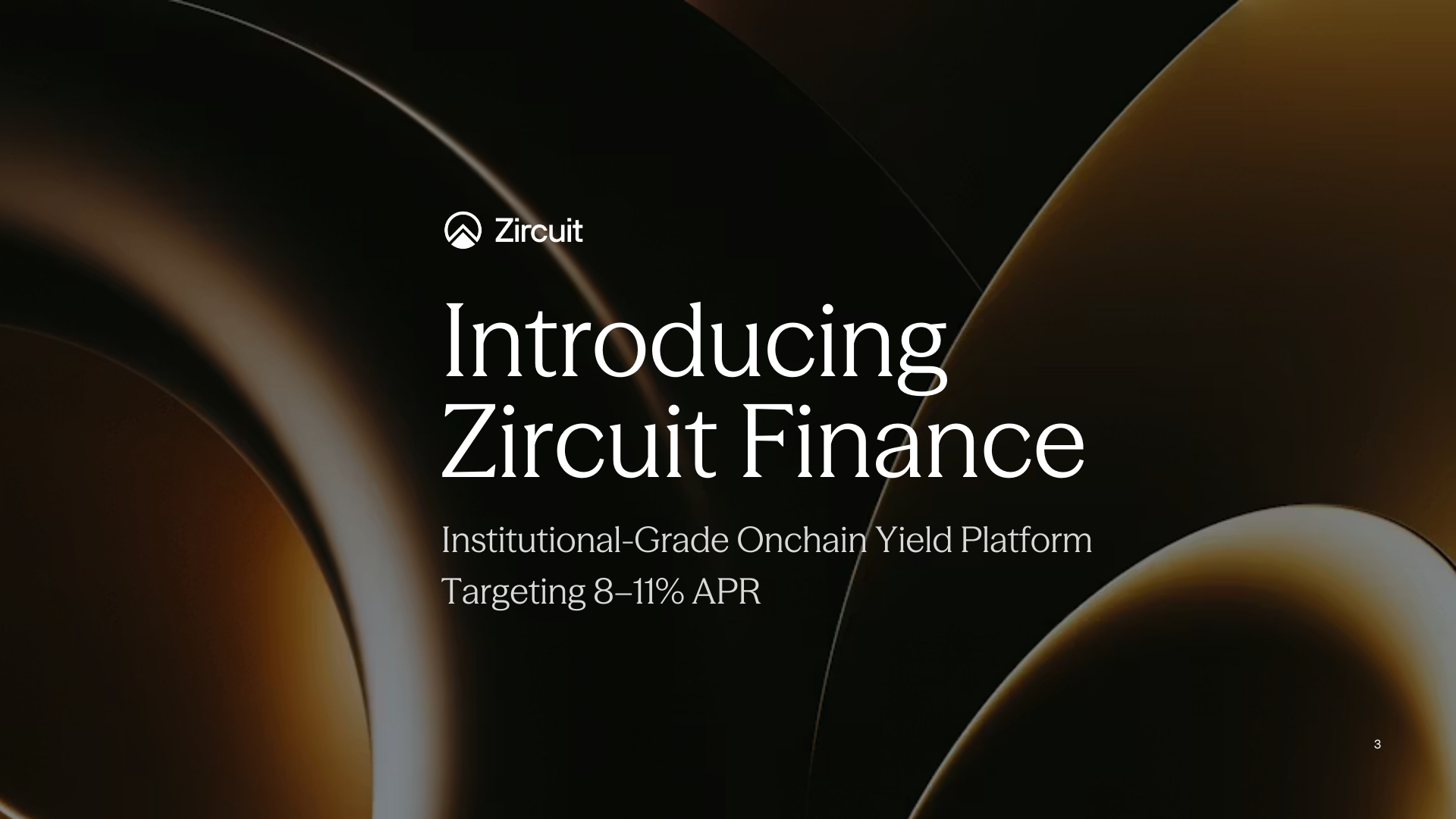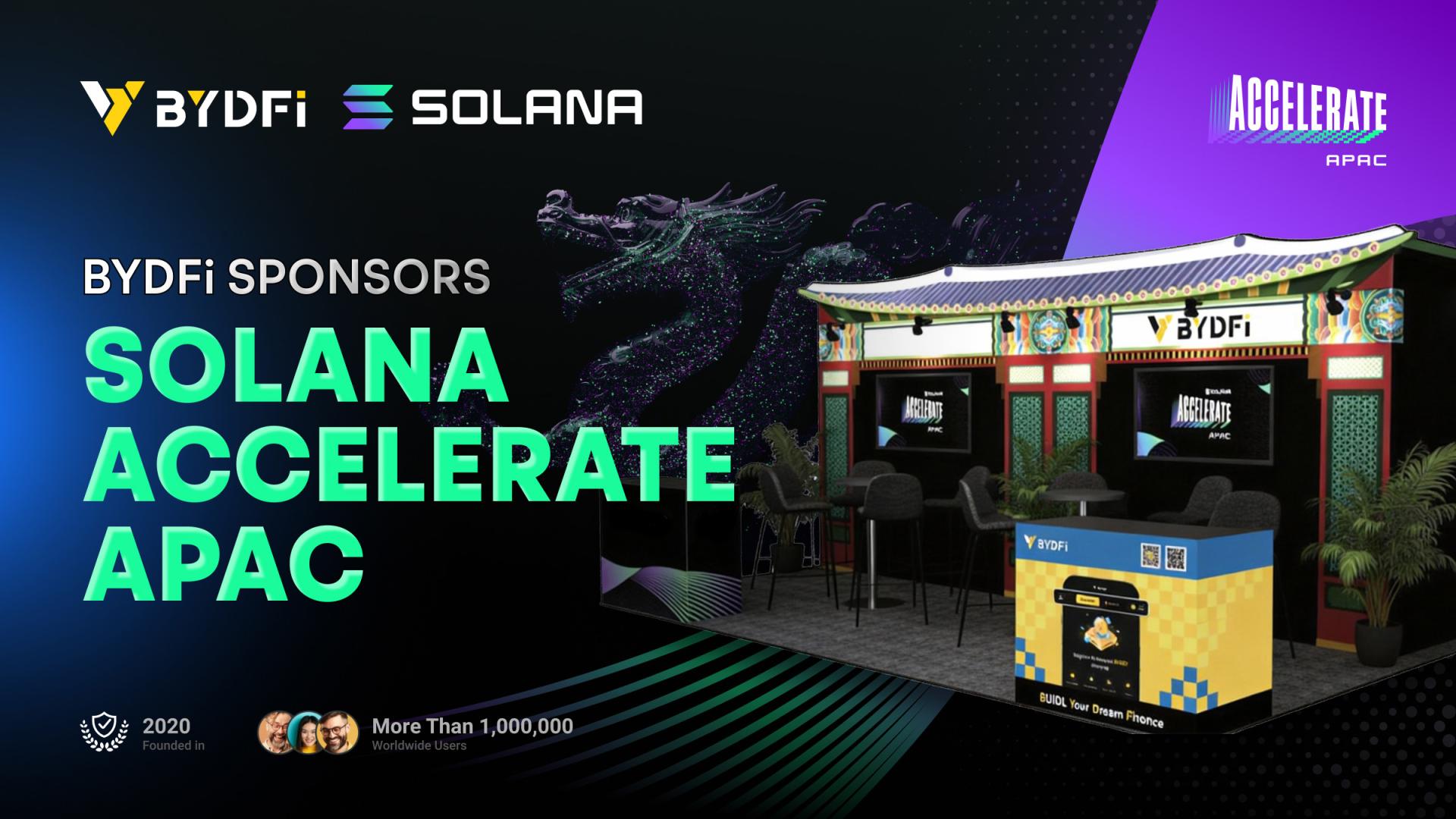Key Insights:
- After signing an open letter requesting a halt on artificial intelligence technology, it appears Elon Musk has jumped on the bandwagon
- Musk recently acquired about 10,000 graphics processing units (GPUs) for use on the platform.
- Twitter might use AI to “detect and highlight” the manipulation of public opinion on Twitter.
- Igor Babuschkin and Manuel Kroiss, two AI developers were recently hired by Musk for the new AI program at Twitter
As was widely reported last month, Elon Musk recently signed an open letter, requesting a six-month halt on the development of any artificial intelligence technologies because of its “risks to humanity.â€
According to recent reports, however, Musk has continued to make significant investments in Twitter’s AI research and development.
Igor Babuschkin and Manuel Kroiss, two AI developers from Alphabet’s research division DeepMind, were recently hired by Musk for a huge soon-to-be-launched AI program at Twitter.
The Twitter CEO recently acquired about 10,000 graphics processing units (GPUs) for use on the platform, according to recent reports. What does Musk intend to do with 10,000 GPUs?
That’s an interesting question: Let’s find out:
10,000 GPUs To Power Something Big
In a tweet sometime in mid-march, Musk mentioned that Twitter will use AI to “detect and highlight” (deliberate) manipulation of public opinion on “this platform.”
In the months ahead, we will use AI to detect & highlight manipulation of public opinion on this platform.
Let’s see what the psy ops cat drags in …
— Elon Musk (@elonmusk) March 18, 2023
As part of Musk’s self-descried commitment to curbing misinformation on Twitter, the Tesla CEO has purchased a large amount of GPUs to do just this.
A graphics processing unit, also known as a GPU, is a specialized electronic circuit created to manipulate and change memory in order to speed up computing processes.
Due to the enormous amount of computing power that large-scale AI models require, GPUs are typically used in these applications.
The project may still be in its infancy, according to reports, but Musk’s acquisition of so many GPUs demonstrates his “commitment” to it.
According to reports from Business Insider, the project entails developing a generative AI that Twitter will likely train using a vast amount of data that it already has.
How Twitter might apply the technology is unknown. According to Insider, however, generative AI might improve the platform’s search capabilities or help the corporation restore its advertising revenue.
Musk Versus Open AI
Musk, who co-founded the artificial intelligence research firm OpenAI in 2015, has actively criticised the latter.
“I still don’t understand how a non-profit that I gave about $100 million to, became a for-profit with a $30 billion market valuation. Why doesn’t everyone do it if it’s legal? Musk recently criticized the lab’s for-profit offshoot, OpenAI Limited Partnership, in one of his Twitter rants.
I’m still confused as to how a non-profit to which I donated ~$100M somehow became a $30B market cap for-profit. If this is legal, why doesn’t everyone do it?
— Elon Musk (@elonmusk) March 15, 2023
Yet according to reports, his conflict with OpenAI is more personal. Musk allegedly informed Sam Altman, another of his OpenAI co-founders, in 2018 that the lab was lagging too far behind Google.
Then Musk proposed that he should be the one to lead the company, a suggestion that Altman and the other founders of OpenAI rejected.
It now appears that the AI battle is back on again, and how far this newly popularized tech can go, remains speculative.
Disclaimer: Voice Of Crypto aims to deliver accurate and up-to-date information, but it will not be responsible for any missing facts or inaccurate information. Cryptocurrencies are highly volatile financial assets, so research and make your own financial decisions.









